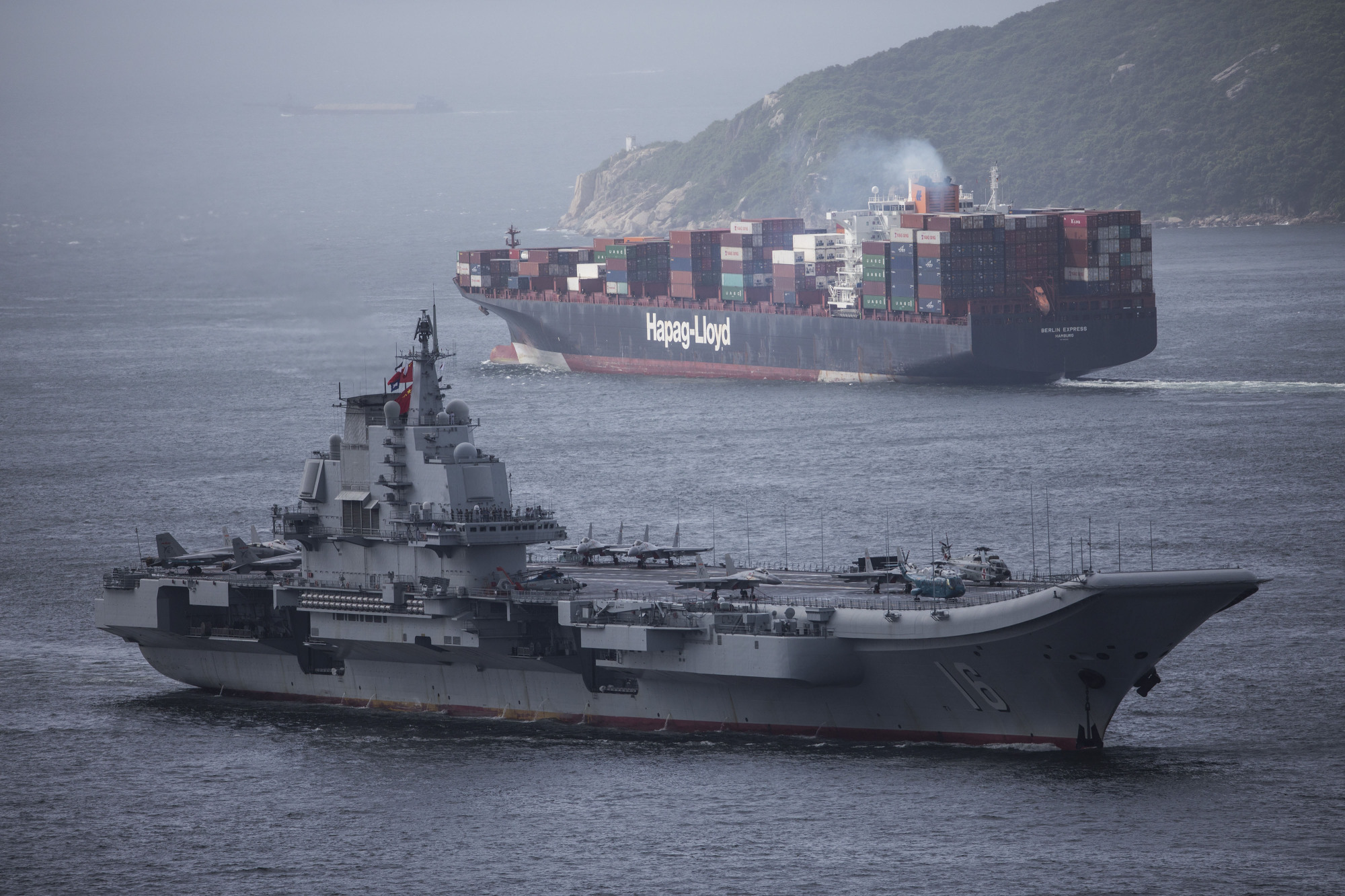China denies mixing business with politics, yet it has long used trade to punish countries that refuse to toe its line. China's recent heavy-handed economic sanctioning of South Korea for its decision to deploy the Terminal High Altitude Area Defense (THAAD) anti-missile system was just the latest example of the Chinese authorities' use of trade as a political weapon.
China's government has encouraged and then exploited states' economic reliance on it to compel their support for its foreign policy objectives. Its economic punishments range from restricting imports or informally boycotting goods from a targeted country to halting strategic exports (such as rare earth minerals) and encouraging domestic protests against specific foreign businesses. Other tools include suspending tourist travel and blocking fishing access. All are used carefully to avoid disruption that could harm China's own business interests.
Mongolia became a classic case of such geo-economic coercion after it hosted the Dalai Lama last November. With China accounting for 90 percent of Mongolian exports, the Chinese authorities set out to teach Mongolia a lesson. After imposing punitive fees on its commodity exports, Chinese Foreign Minister Wang Yi voiced "hope that Mongolia has taken this lesson to heart" and that it would "scrupulously abide by its promise" not to invite the Tibetan spiritual leader again.


















With your current subscription plan you can comment on stories. However, before writing your first comment, please create a display name in the Profile section of your subscriber account page.